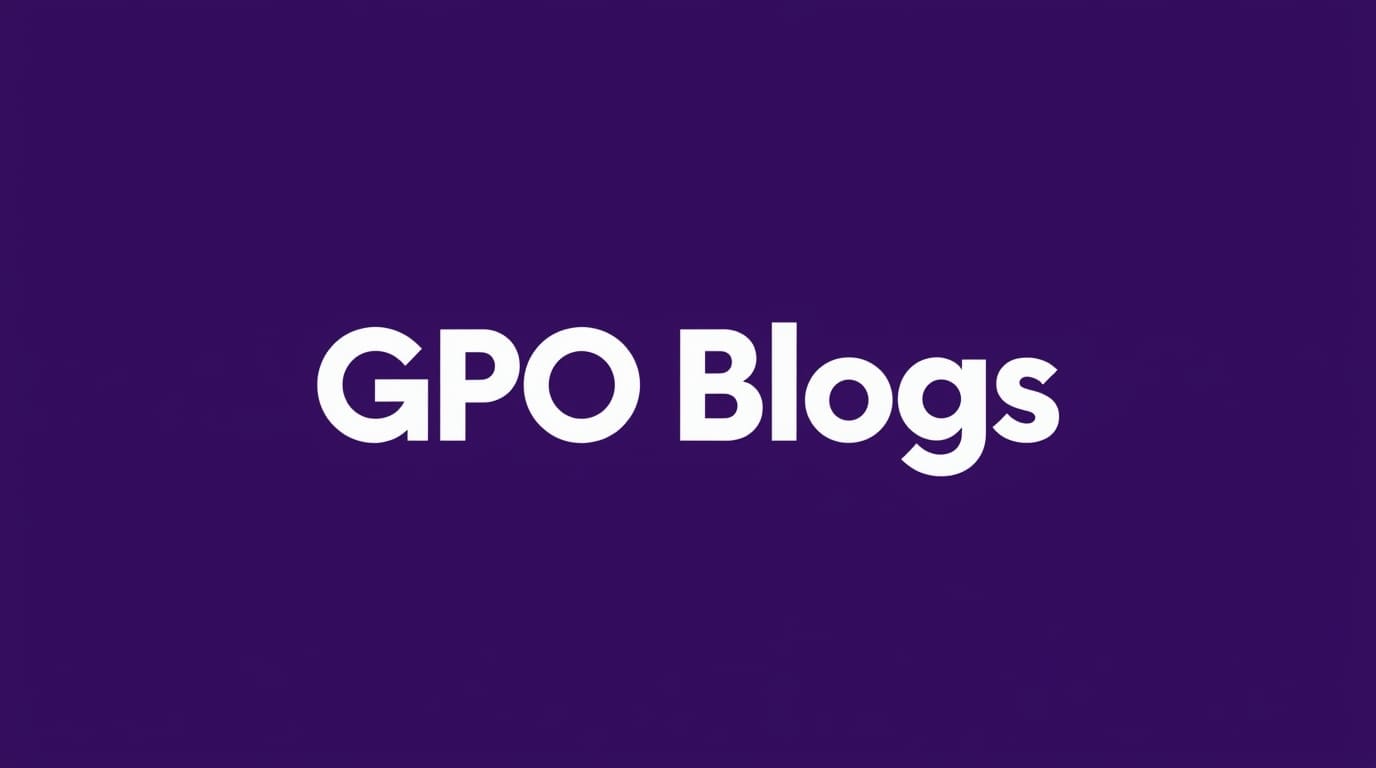Crafting Compelling Guest Post Pitches That Get Accepted

Crafting a guest post pitch that gets accepted requires more than just writing a well-structured email. It demands strategic thinking, thorough research, and a genuine understanding of what publishers need. Many writers spend hours creating content only to have their pitches ignored, not because their writing is poor, but because their initial outreach fails to capture attention.
The most successful pitches begin with genuine engagement.
Before sending a single word, spend time interacting with the publication's content. Leave thoughtful comments on recent posts, share valuable articles with meaningful commentary on social media, and become familiar with the publication's voice and audience. This groundwork transforms your pitch from a cold outreach to a natural extension of an existing relationship.
When drafting your pitch, lead with value rather than requests. Instead of "I'd like to write for you," try "I noticed your recent piece on [topic] and have developed a framework that could provide your readers with actionable steps to [solve specific problem]." Reference specific content you've enjoyed and explain how your proposed topic complements or expands upon their existing coverage.
Be specific about your topic. Vague proposals like "I can write about social media marketing" rarely succeed. Instead, offer "A step-by-step guide to creating Instagram Reels that convert for B2B companies, including three templates tested with 47 clients that increased engagement by 200%." This specificity demonstrates expertise and shows you've put thought into how your content would serve their audience.
Include social proof that establishes credibility without sounding boastful. Rather than "I'm an expert with 10 years experience," try "I've helped 37 e-commerce companies increase organic traffic by 200%+ through semantic content mapping, as featured in Search Engine Journal." This approach provides concrete evidence of your expertise while demonstrating relevance to their audience.
Keep your pitch concise - no more than 150 words. Busy editors receive dozens of pitches daily, and brevity shows respect for their time. Structure it as:
- - Personalized opening showing genuine engagement
- - Specific topic proposal with clear value
- - Brief credibility statement
- - Simple call to action
The subject line matters as much as the content. Avoid generic phrases like "Guest Post Opportunity" that get lost in the inbox. Instead, try "Following up on your post about [topic] - here's how to implement [specific solution]." This creates immediate relevance and shows you've done your homework.
Timing your pitch strategically can dramatically increase acceptance rates. Avoid Monday mornings and Friday afternoons when inboxes are flooded. Mid-week afternoons often yield the best response rates. If you've engaged with their content recently, reference that timing: "After reading your post on [topic] this morning, I realized I have a framework that could help your readers solve [specific problem]."
After sending your pitch, follow up once after 5-7 days if you haven't heard back. Add value to your follow-up by sharing something relevant to their recent content: "I noticed your post about [recent topic] - my proposed piece on [your topic] would complement it by [specific connection]."
The most successful guest posters view each pitch as the beginning of a relationship rather than a transaction. They focus on how they can provide exceptional value to the publication's audience, understanding that when the publisher wins, they win too. This mindset shift - from "How can I get my content published?" to "How can I serve their readers better?" - is what separates those who get accepted consistently from those who struggle to secure placements.
Remember that rejection is part of the process. Even top writers face rejection, but they use it as an opportunity to refine their approach. When you receive feedback, thank the editor and ask one specific question about how you could improve future pitches. This demonstrates professionalism and keeps the door open for future opportunities.
Sarah Chen is an SEO strategist and founder of ContentAuthority Labs. With 12+ years in semantic SEO and expert backlink building, she has delivered 800+ sponsored and guest-posting projects that grew durable authority and demand for 200+ businesses. Her research on contextual consolidation merging overlapping pages to concentrate topical relevance has appeared in Search Engine Journal and other SEO publications. She speaks at industry events and mentors in-house teams and emerging SEOs.